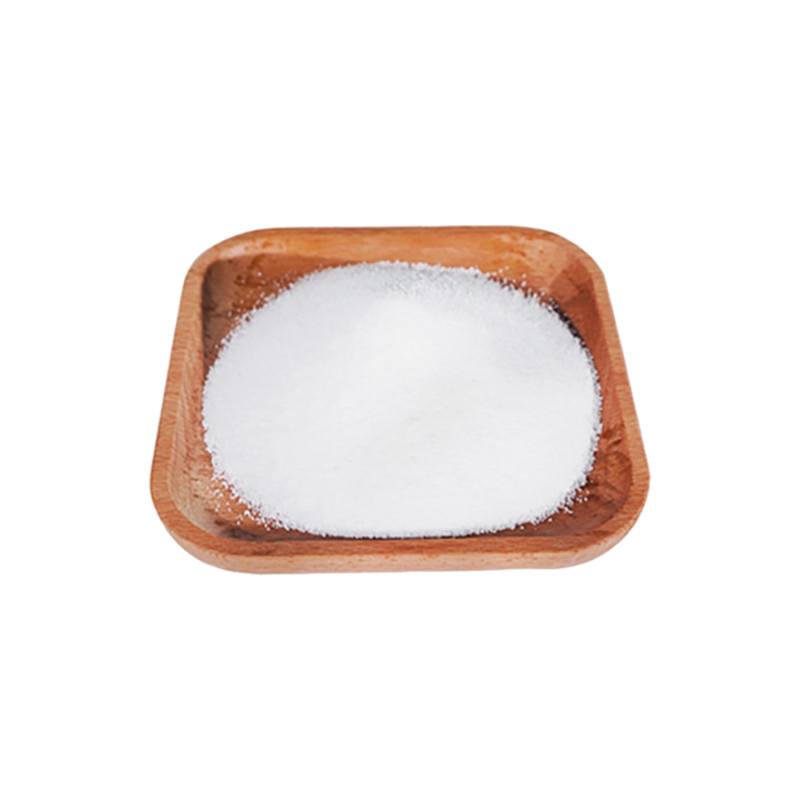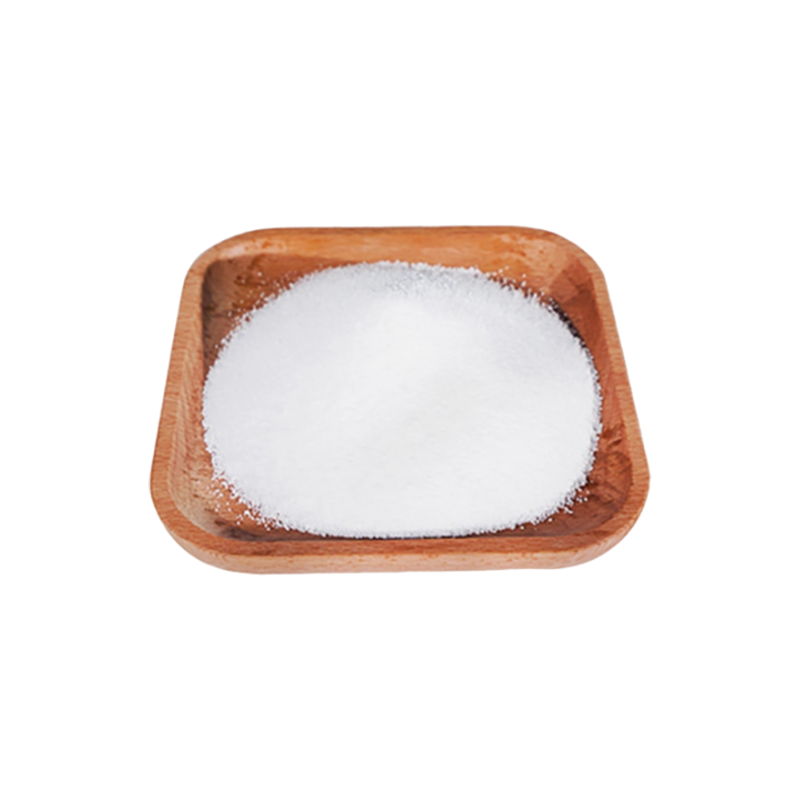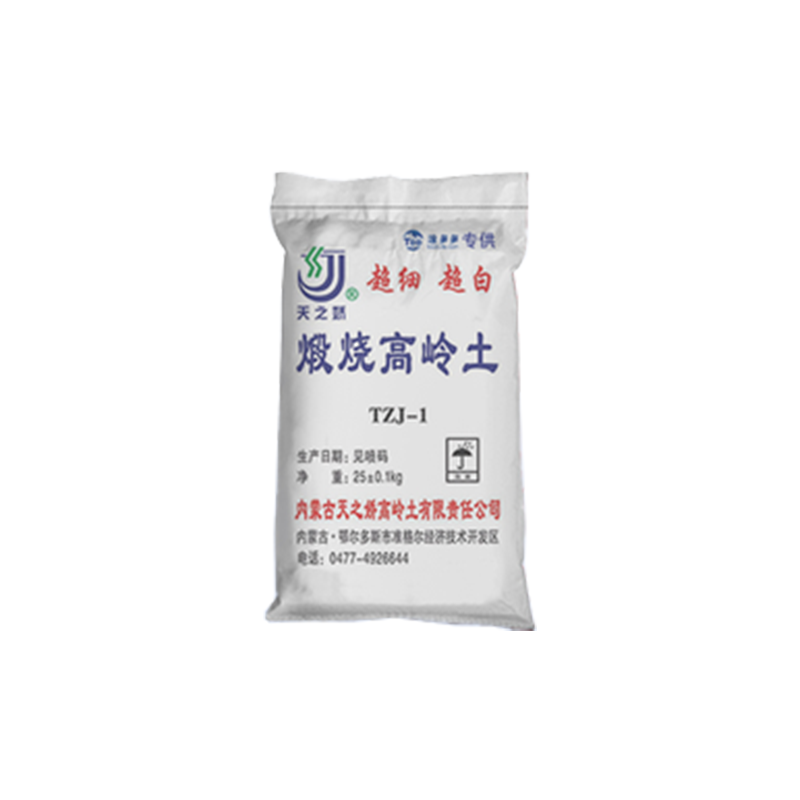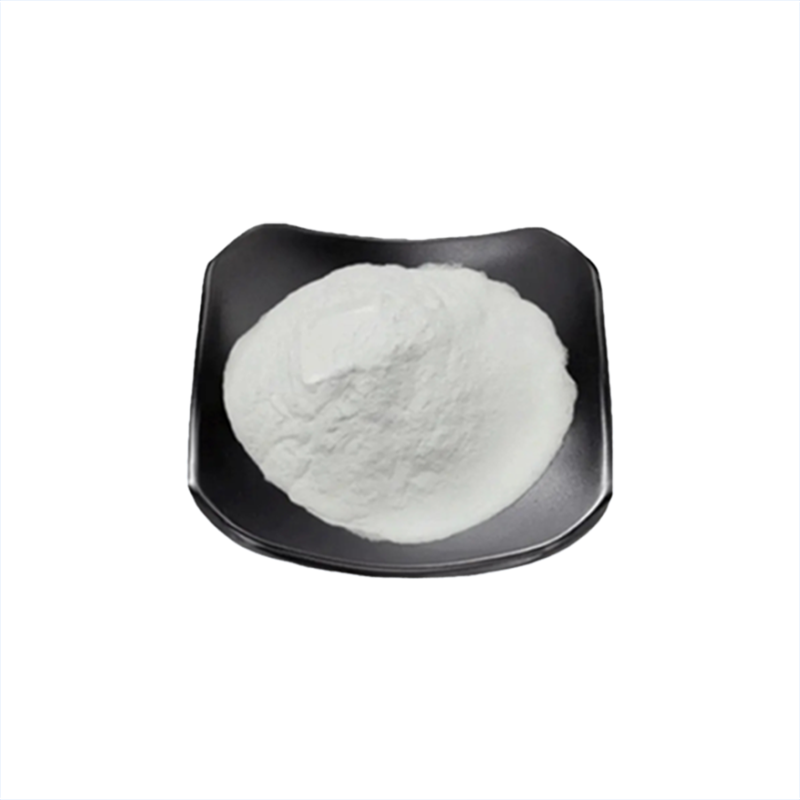Q
what is giant yarn called
I'm a seasoned industrial engineer with a keen interest in machine learning. Here to share insights on latest industry trends.
I'm a seasoned industrial engineer with a keen interest in machine learning. Here to share insights on latest industry trends.
You May Like
The number of amino acids in the APQ2 protein can vary depending on the species in question as well as the specific isoform of the protein. Generally, proteins named "APQ2" might not be universally recognized across scientific databases without more context. The designation "APQ2" seems atypical or could be a typographical error, possibly intending to reference a member of the aquaporin family (often abbreviated as AQP followed by a number) or another protein family entirely. Aquaporins, for instance, are a family of water channel proteins that play crucial roles in the transport of water across cell membranes, and their length can vary between 200 to 300 amino acids, depending on the specific family member and organism. To provide an accurate count of amino acids in the APQ2 protein, one would need the correct protein name or the species of origin for a precise lookup in a protein or genomic database such as UniProt or NCBI's Protein database.
Titanium dioxide is a white pigment often used in food products, including cottage cheese, to enhance whiteness and brightness. It's recognized as safe by the FDA when used in accordance with good manufacturing practices. However, there has been some debate about its safety in recent years due to studies on its effects when ingested in nanoparticle form. The European Food Safety Authority has raised concerns leading to a proposal to ban its use in the EU. Consumers looking to avoid titanium dioxide can seek out organic or natural brands of cottage cheese, which typically do not use artificial additives.
A PVC, or premature ventricular contraction, is a common heart rhythm abnormality where an extra heartbeat originates in the ventricles of the heart. People often describe feeling a PVC as a fluttering or a skipped beat in their chest. Some may also experience a brief pause followed by a stronger-than-normal beat, creating a sensation of a 'thump' in the chest. While many individuals might not notice mild PVCs, others can find them disconcerting or uncomfortable. It's important to note that occasional PVCs are generally harmless for healthy individuals but frequent PVCs, especially in those with underlying heart conditions, warrant medical evaluation to rule out potential complications.
You May Like
Q&A
- •does ulta carry wow dream coat
- •which amino acid deprotonates 3 oh of nucleotide
- •vacuum oil grade
- •where to buy gorilla glue epoxy
- •is polyethylene pipe uv resistant
Popular Information
















